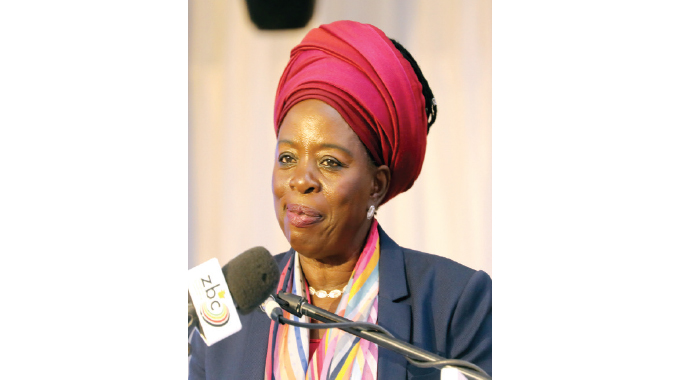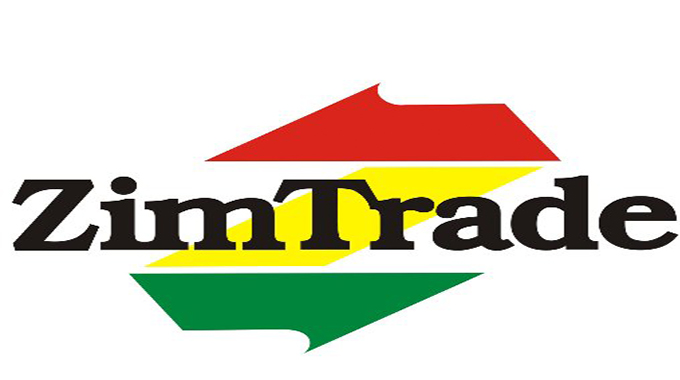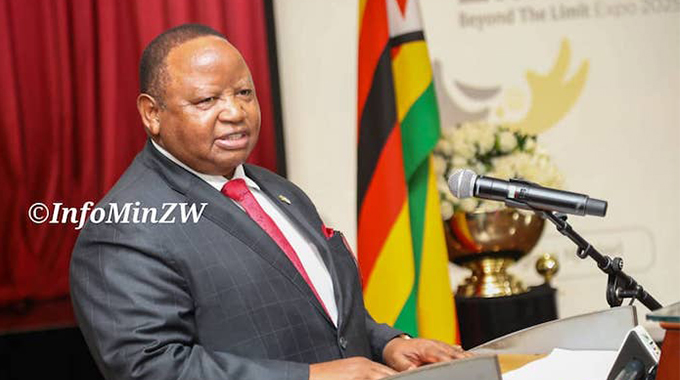Industry urged to harness historical female expertise

Nqobile Bhebhe
[email protected]
INDUSTRY and Commerce Minister Dr Sekai Nzenza has said that women’s full and beneficial participation in trade is achievable by creating resilient and sustainable industries anchored on value addition.
Dr Nzenza said the history of industrialisation has been connected to women at the bottom of the chain of productivity whether it is tilling the fields, crafting or cross-border trade.
As such, it is imperative to harness that historical female expertise.
Speaking during a panel discussion at the just ended African Continental Free Trade Area (AfCFTA) business forum held under the theme “Acceleration of Implementation of the AfCFTA’ in Cape Town, South Africa on Monday, Dr Nzenza stressed that in Zimbabwe, the AFCTA is not only a subject of Government policy but is the reality of industry.
She said women’s participation in the AFCTA featured prominently and discussions held resonated directly with President Mnangagwa’s National Development Strategy 1 for Zimbabwe inclusive and sustainable economic growth.
“The question of active participation of women in trade is answered by the creation of resilient and sustainable industries through value addition as opposed to the export of raw commodities.
“The history of industrialisation has been connected to women at the bottom of the chain of productivity whether it is tilling the fields, crafting or cross border trade. The future of industrialisation is ours to collectively design through formalisation and harnessing that historical female expertise.”

African Continental Free Trade Area
Zimbabwe is among the leading regional states to become signatories to the historic trade agreement which came into force in January 2021.
The AfCFTA inaugurates the “beginning of a new era” in Africa and is expected to go a long way in buttressing the economic integration of the continent, experts say.
Under the agreement Africa expects the AfCFTA implementation to increase mobility of the continent’s people, goods and services with attendant necessities for institutions to harmonise and integrate much of its operational systems, regulations and mechanisms.
Estimates indicate the AfCFTA could boost the continental economy from about US$3 trillion (2020) to about US$8 trillion by 2030.

National Development Strategy 1 (NDS1)
To zero in on Zimbabwe, Dr Nzenza said in pursuit of an inclusive approach to international trade, the country has undertaken sector specific strategies under President Mnangagwa’s mantra of “moving the economy up the value chains” as espoused in the National Development Strategy 1.
“This has registered a success story for the Zimbabwean Industry with increased capacity utilisation, investment and export oriented growth. However, I want us to take a closer look at agriculture and in particular, at agro-processing. What we have observed is that the biggest participation in the agricultural sector is that of women, at the production level.

“It is as simple as this – in order to trade we must produce. The products must be of innovative, high quality and globally competitive. To this end, the Government, through ZimTrade, has developed the
“She Exporter” programme specifically designed to elevate women from production to productivity of export quality goods and services.”
The “Next She Exporter” programme was recently introduced by ZimTrade to groom and mentor women entrepreneurs so that they can be able to produce for exports.
The minister added that within her ministry, in a bid to track capacity utilisation statistics with the Confederation of Zimbabwe Industries (CZI), there is a deliberate move to begin to zero in on SME’s where all female led initiatives are included in data gathering so as to elevate and incentivise their endeavours.

United Nations Development Fund
“Realising that funding is a key enabler for trade, Zimbabwe has a Women’s Bank designed to facilitate for women-led initiatives with concessionary rates taking into account the demographic challenges.
There is still room for international collaboration with institutions like the United Nations Development Programme (UNDP) to enable appropriate capitalisation.”
She said there is a need to include the mapping of the level of participation of women in trade in order to better inform us as policy makers.












Comments